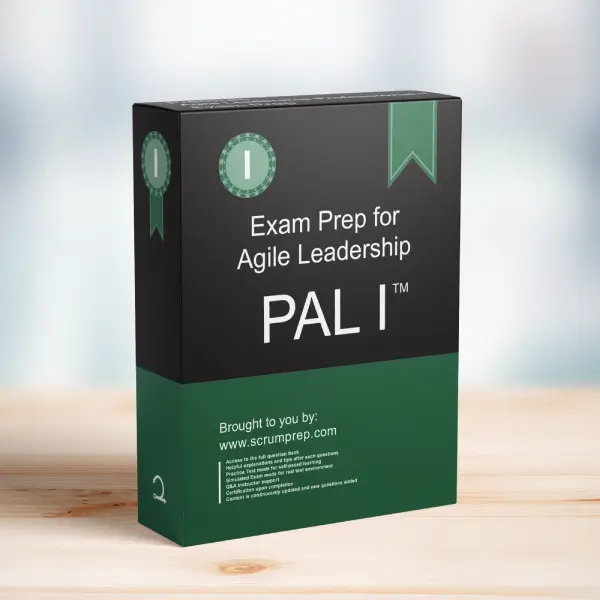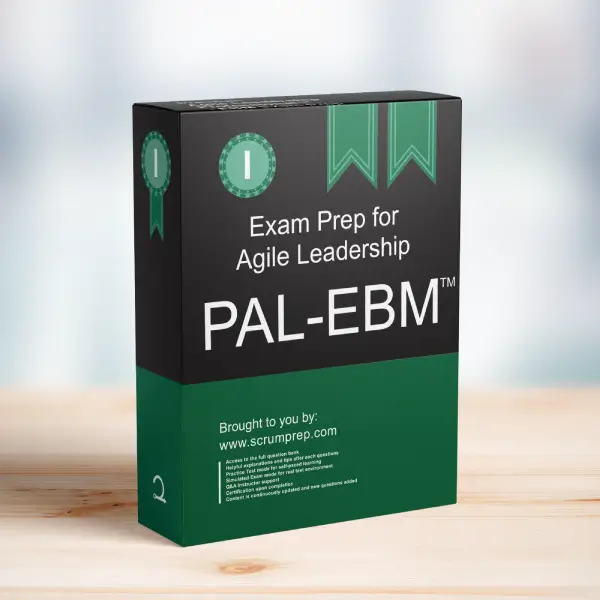Addressing Skill Gaps in a Scrum Team
Managing skill gaps in a newly formed and relatively inexperienced Scrum Team requires a thoughtful approach that aligns with Agile principles and supports team development. This article explores the best approach when a subject matter expert suggests replacing team members to address skill gaps.
Exam Question
You manage a product development organization. One of your employees, a subject matter expert and a stakeholder for a product being developed, expresses that he feels that a newly formed and relatively inexperienced Scrum Team lacks critical skills they will need to be successful.
To fill this gap, he recommends replacing some members of the Scrum Team with new members who have better skills in the areas of concern. Based on these conversations, what do you do?
(choose the best answer)
A. Talk to other experts in the subject matter expert’s area of expertise to determine whether the original subject matter expert’s perspective is valid.
B. Recommend that the subject matter expert raise the skills gap concern with the Scrum Team but leave the decision on what to do with the Scrum Team and support them as needed.
C. Hire external consultants to fill the Scrum Team’s skills gap.
D. Work with other team managers to trade people between teams to address the skills shortage.
Correct Answer
B. Recommend that the subject matter expert raise the skills gap concern with the Scrum Team but leave the decision on what to do with the Scrum Team and support them as needed.
Explanation
Correct Answer
B. Recommend that the subject matter expert raise the skills gap concern with the Scrum Team but leave the decision on what to do with the Scrum Team and support them as needed:
This approach aligns with the Agile principle of self-managing teams. The Scrum Team should be empowered to assess their own skills and identify areas where they need support. By raising the concern directly with the team, the subject matter expert can provide valuable insights while respecting the team’s autonomy. The team can then decide whether they need additional training, mentorship, or other resources to address the skill gaps.
Incorrect Answers
A. Talk to other experts in the subject matter expert’s area of expertise to determine whether the original subject matter expert’s perspective is valid:
While seeking additional opinions can be helpful, it does not address the immediate need to empower the Scrum Team to manage their own development. The focus should be on enabling the team to assess and address their own skills.
C. Hire external consultants to fill the Scrum Team’s skills gap:
Hiring external consultants can provide temporary relief but does not contribute to the long-term development of the team’s skills. It’s important to invest in the team’s growth and capabilities rather than relying on external resources.
D. Work with other team managers to trade people between teams to address the skills shortage:
Reassigning team members can disrupt team dynamics and morale. It is more beneficial to support the existing team in developing the necessary skills to succeed.
Agile Leadership Insights
- Empowerment: Agile leaders empower teams to self-manage and make decisions about their own development needs.
- Support: Providing support and resources to teams to help them address skill gaps is more effective than imposing external solutions.
- Collaboration: Encouraging open communication and collaboration between stakeholders and the Scrum Team fosters a culture of continuous improvement.
Relevance to the PAL I Exam
Understanding how to address skill gaps while respecting the autonomy of the Scrum Team is crucial for the PAL I exam. It demonstrates knowledge of Agile principles, team empowerment, and effective leadership.
Key Takeaways
- Empower the Scrum Team to assess and address their own skill gaps.
- Provide support and resources to help the team develop necessary skills.
- Avoid disruptive measures such as reassigning team members or hiring external consultants as a first resort.
Conclusion
To address skill gaps in a newly formed Scrum Team, recommend that the subject matter expert raise the concern with the team and support their decision-making process. This approach fosters team empowerment, collaboration, and continuous improvement. For more information on preparing for the PAL I exam, visit our Professional Agile Leadership PAL I™ Exam Prep.





